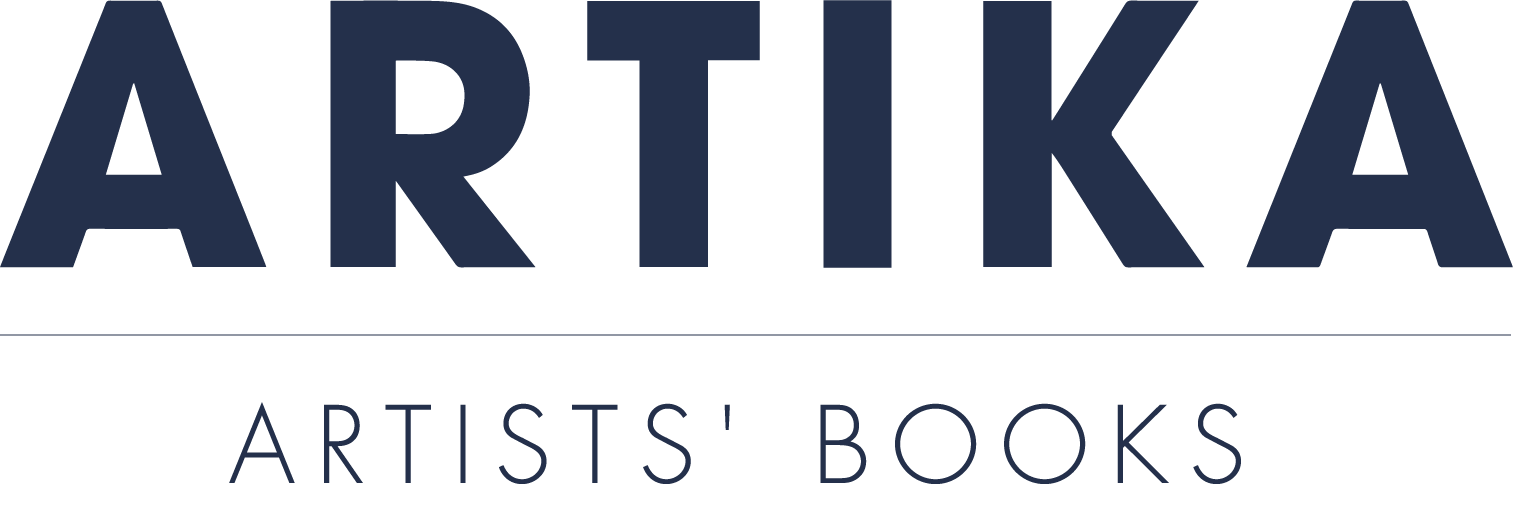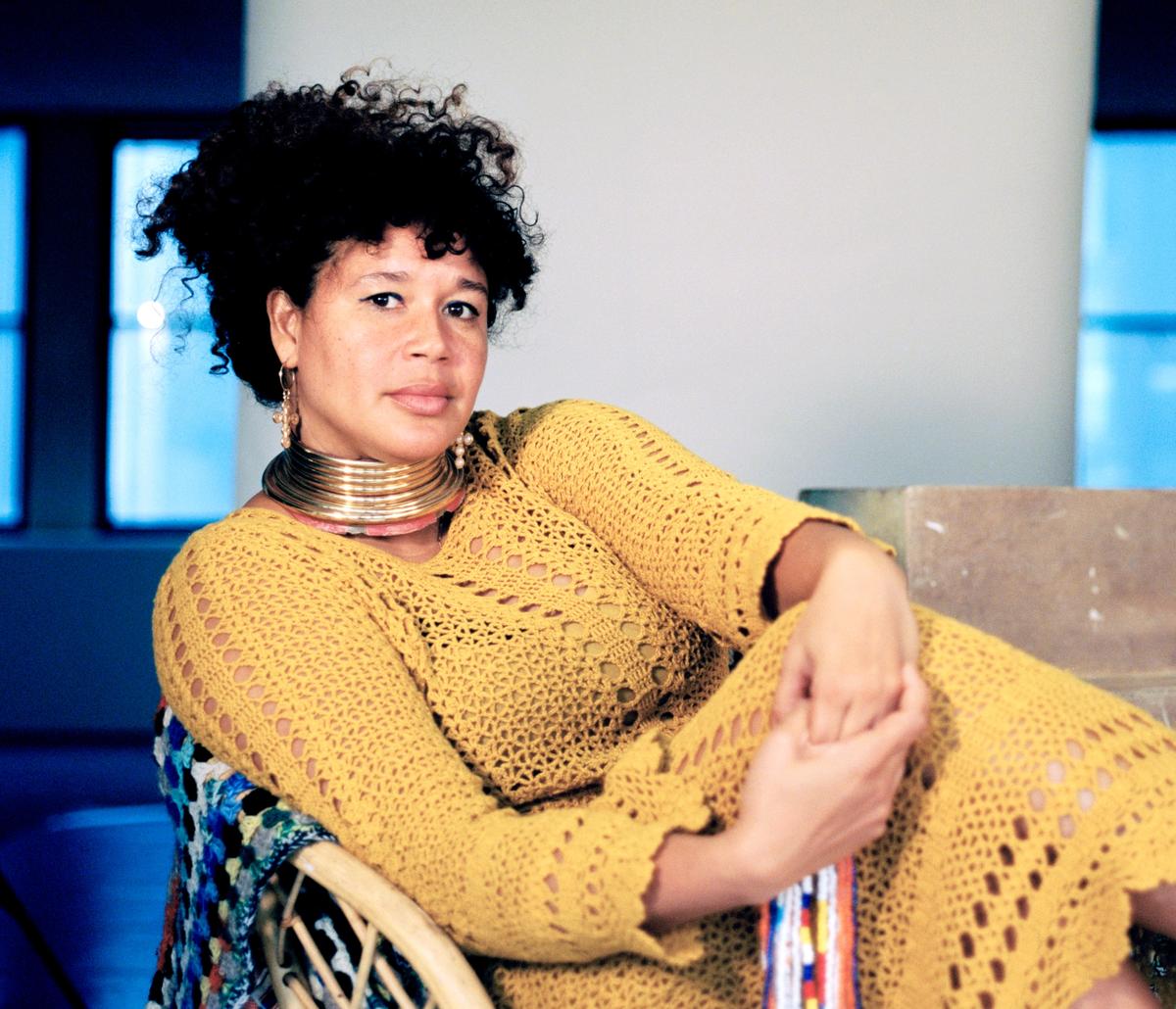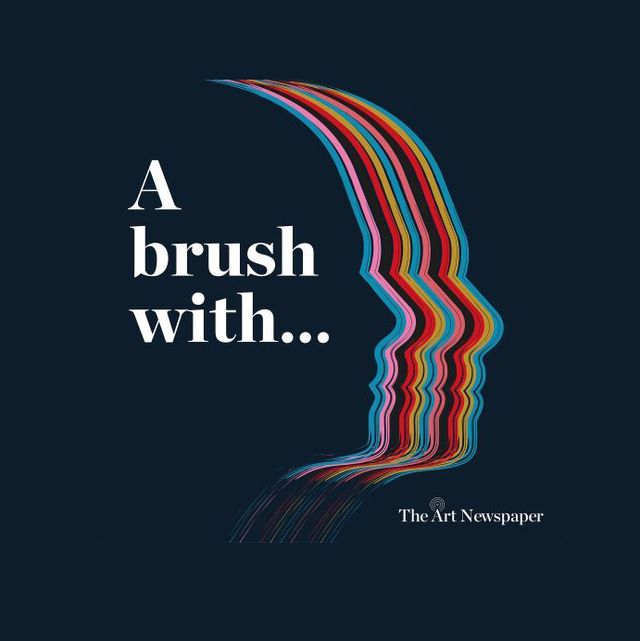As her film RESET (2020) goes on show at Jupiter Artland near Edinburgh, the artist Alberta Whittle sits down with Ben Luke for an in-depth podcast interview in which she reveals the cultural influences that have affected her the most, from the novelist Edwidge Danticat to the Dancehall queen Patra.
Alberta Whittle on... memory and privilege
"We have this tendency [in the UK] towards amnesia, to forget about Black Lives Matter or to isolate it entirely as being something that only goes on in the US. [...] And that's always been a source of curiosity for my work, that ability to deflect, to ignore, to forget. As someone with bad short-term memory I think about memory a lot. And I really do think it hinges on different forms of privilege. Forgetting is a huge privilege."
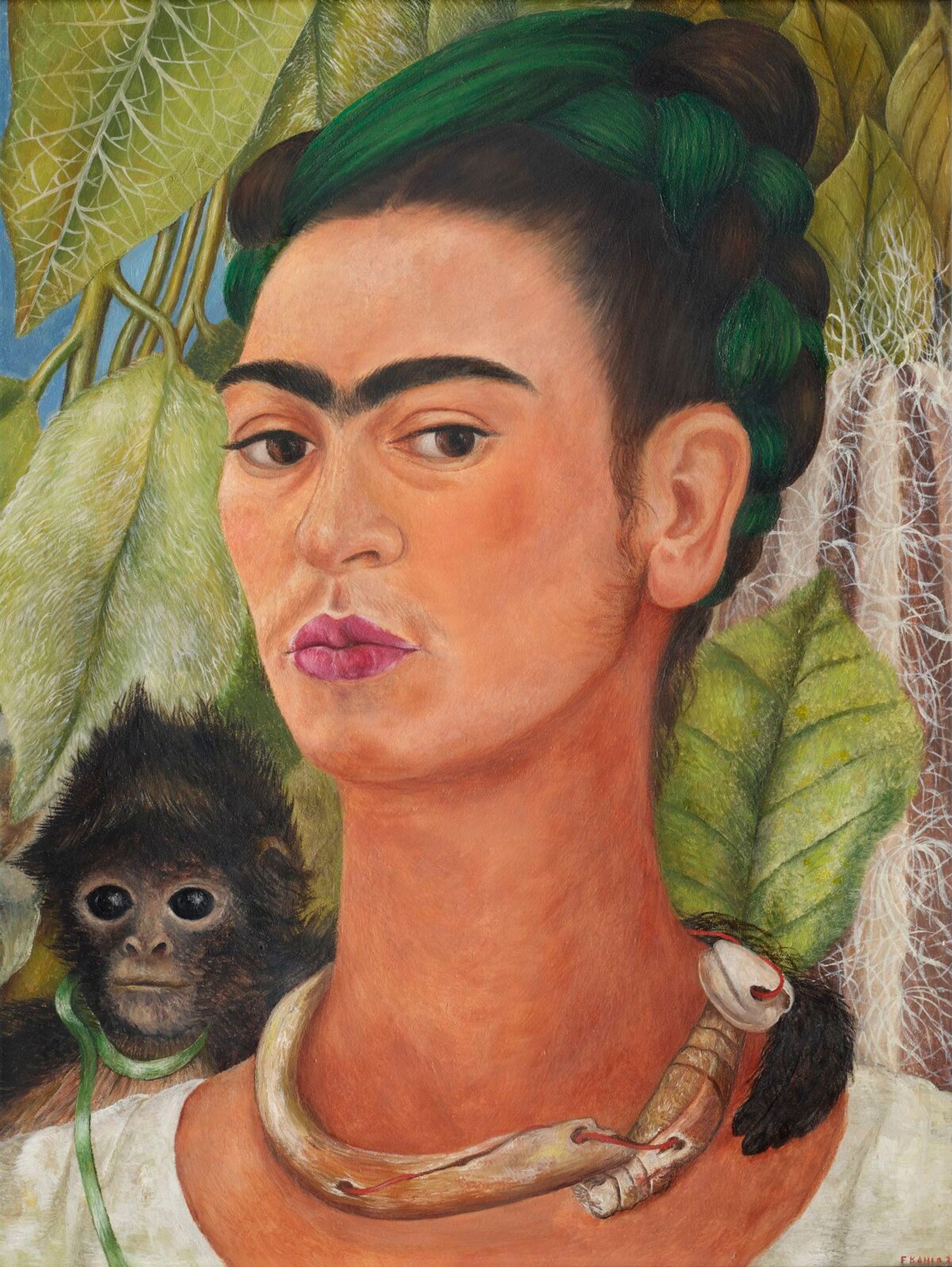
Frida Kahlo, Self-Portrait with Monkey (1938) © Banco de Mexico Diego Rivera Frida Kahlo Museums Trust, Mexico, D.F. / Artists Rights Society (ARS), New York. Courtesy of Albright-Knox Art Gallery.
... the first artist she loved
"Frida Kahlo. I had this childhood illness, fibromyalgia, which I still have. Looking at how Kahlo managed to be so productive [during her illness] and think creatively blew my mind. I thought: 'If she's doing this then I can do this.' I spent most of my early teenage years in bed doing exactly that: drawing self-portraits. Maybe that's why I started doing self-portraits. I was my muse and I was my critic. And also the main source [of inspiration] when I was home not feeling very well."
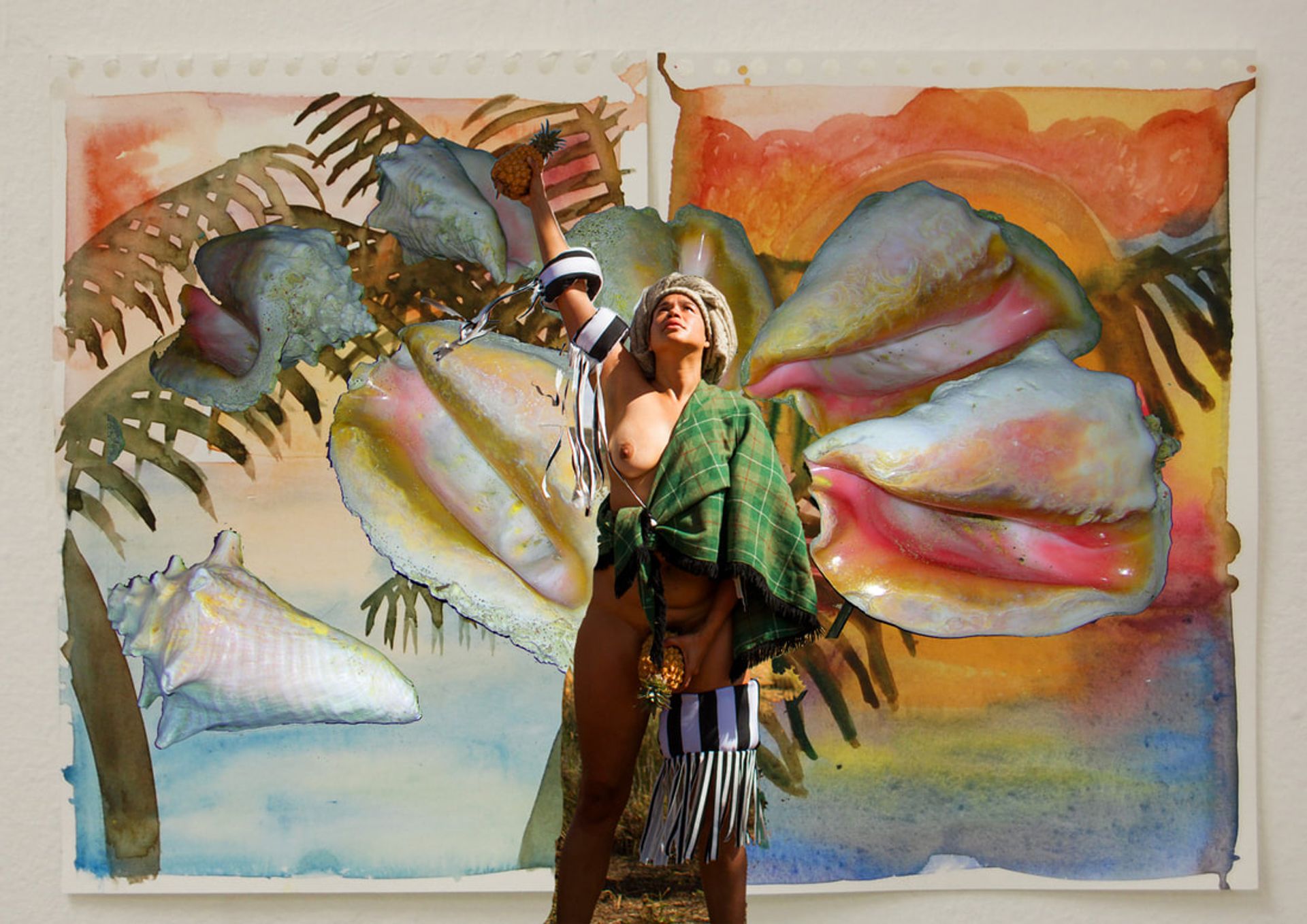
Alberta Whittle, Business as Usual (2019) © Alberta Whittle
... her heritage
"I've at times felt quite uncomfortable situating myself so firmly in my duality [Barbadian and Scottish] identities. [...] All my adult life I've been asked where I really come from, and that's a frustrating question. [...] Scotland is a creolised space, which I don't think is ever really spoken of. My Caribbean identity should be very welcome here and be completely anticipated and expected because it is creolised—Scotland would not be the place it is today without the Caribbean."
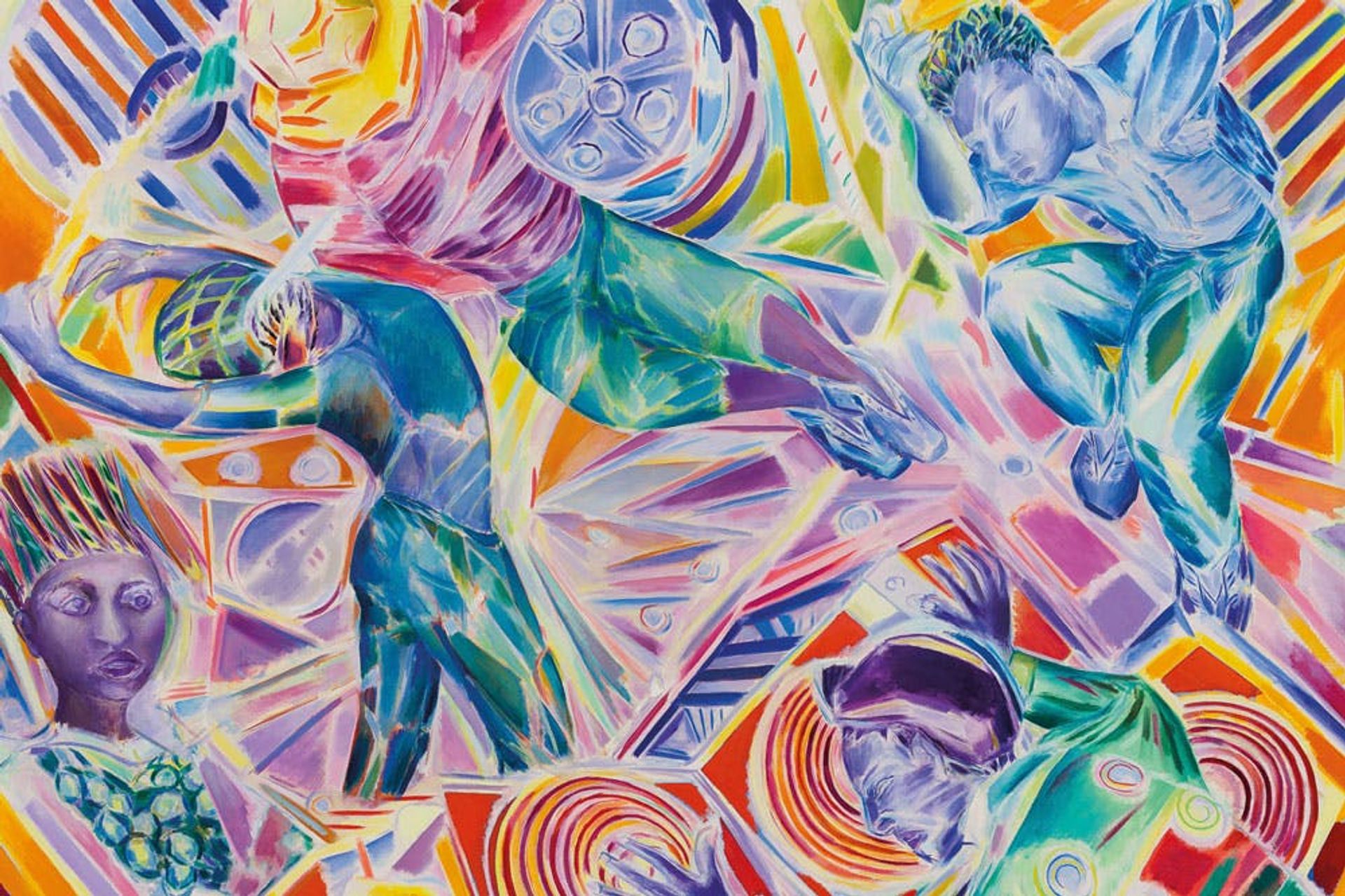
Denzil Forrester's All Hands on Deck (detail; 2003) Courtesy the artist and Stephen Friedman Gallery; © Denzil Forrester
... Denzil Forrester and the dancefloor
"I have a friend who says the dancefloor is the most democratic space he knows. One of the things I love about Denzel [Forrester's] work is this representation of joy as well as endurance. In his paintings you really pick up that energy of deep bass, of growing up going to carnivals, of house parties, and of making a space for yourself and for your community. [...] The scale of the work is also incredible because it becomes almost like a shrine. I find that when I'm on the dance floor I feel almost lost in space. There can be this really great spiritual energy that comes across when just the crowd is moving and the bass is hitting just right. And that is a feeling which I recognised in his work."
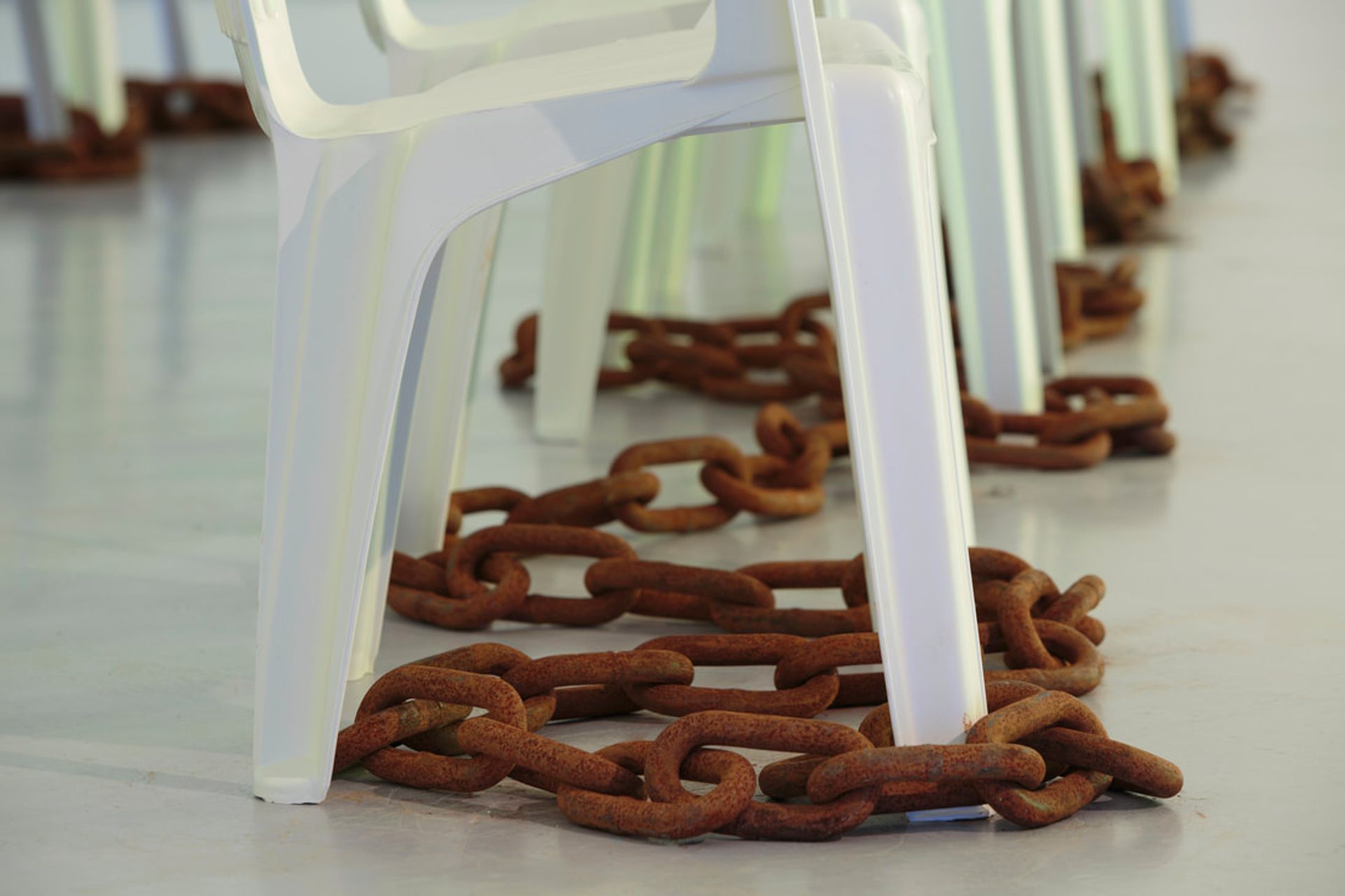
Installation view of Alberta Whittle's solo exhibition How Flexible Can We Make the Mouth? at Dundee Contemporary Arts © Alberta Whittle
.... the Haitian-American novelist Edwidge Danticat and the artist's relationship to the viewer
"The creative act is inherently dangerous. [...] Edwidge Danticat defines her relationship to her reader as almost being a pact, understanding that there is danger in making the work. But also that there's danger in reading, absorbing and performing the work too. I'm really interested in that because my relationship with my audience is very intimate and I trust the audience a lot. I make myself vulnerable but I'm aware that they're also vulnerable. [...] And I think of Danticat, and how she still persists. You're persisting in being hopeful in making work and being creative, is really key. Because, you know, you make it for your audience, it is an act of love in a way to do that for them as much as an act of trust."
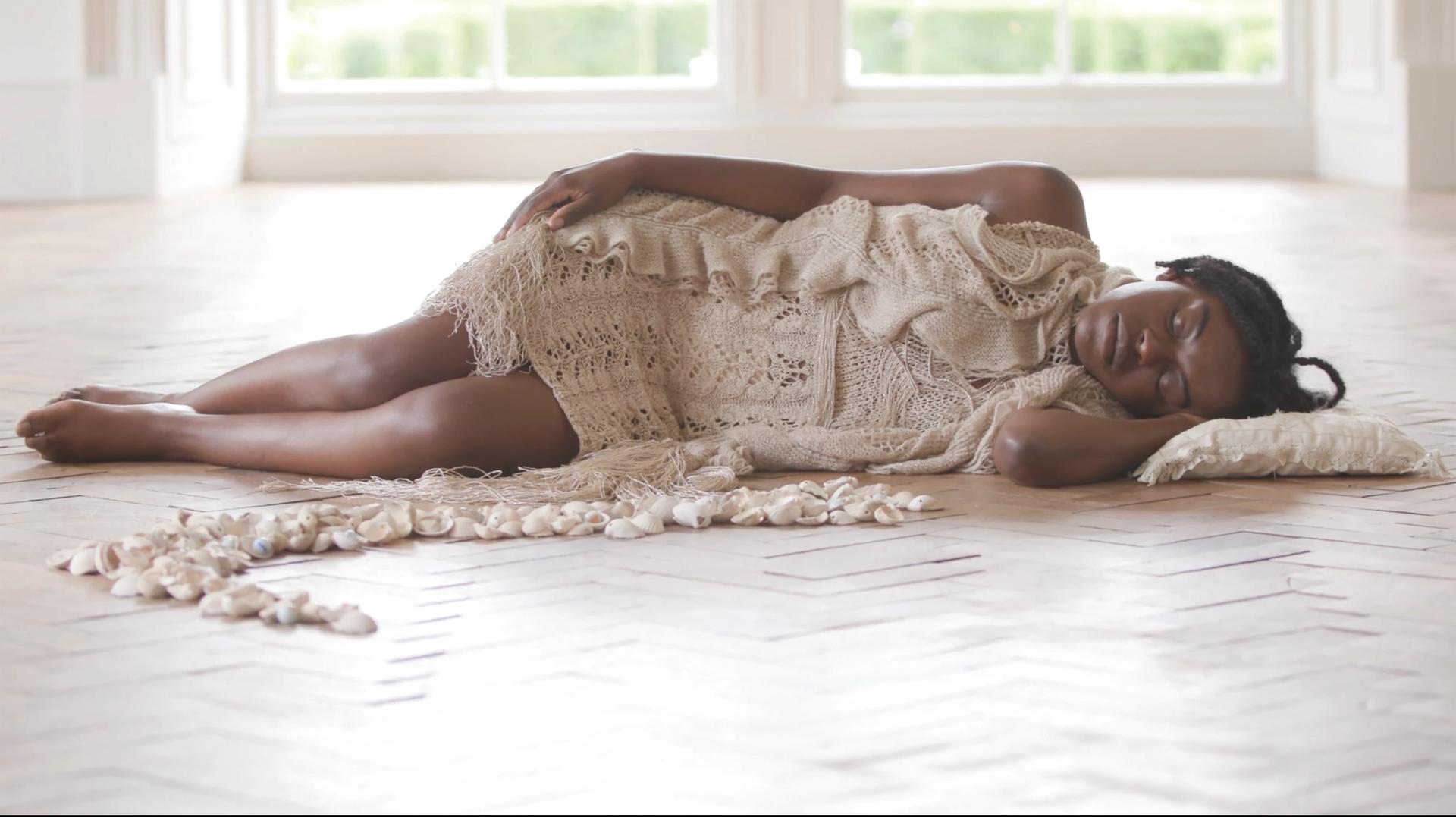
Still from Alberta Whittle's RESET (2020) © Alberta Whittle
... what art is for
"Manifesting hope [...] Being creative is as a deeply hopeful act. And I've found that my experiences going to exhibitions and looking at artists like Louise Bourgeois or Frida Kahlo fill me with hope. It fills me with excitement to think: ‘My goodness, this is what’s out there. This is what people are doing; I want to contribute to this conversation.’ And I hope that my work can start to do that for people [...] The only way for change to happen is if people talk to each other. And if they're talking about art, art that is trying as hard as to say something, whatever that may be, then that is hopeful."
• A brush with… series 5 runs from 28 July- 18 August 2021, with episodes released on Wednesdays. You can download and subscribe to the podcast here. This episode is sponsored by ARTIKA.


